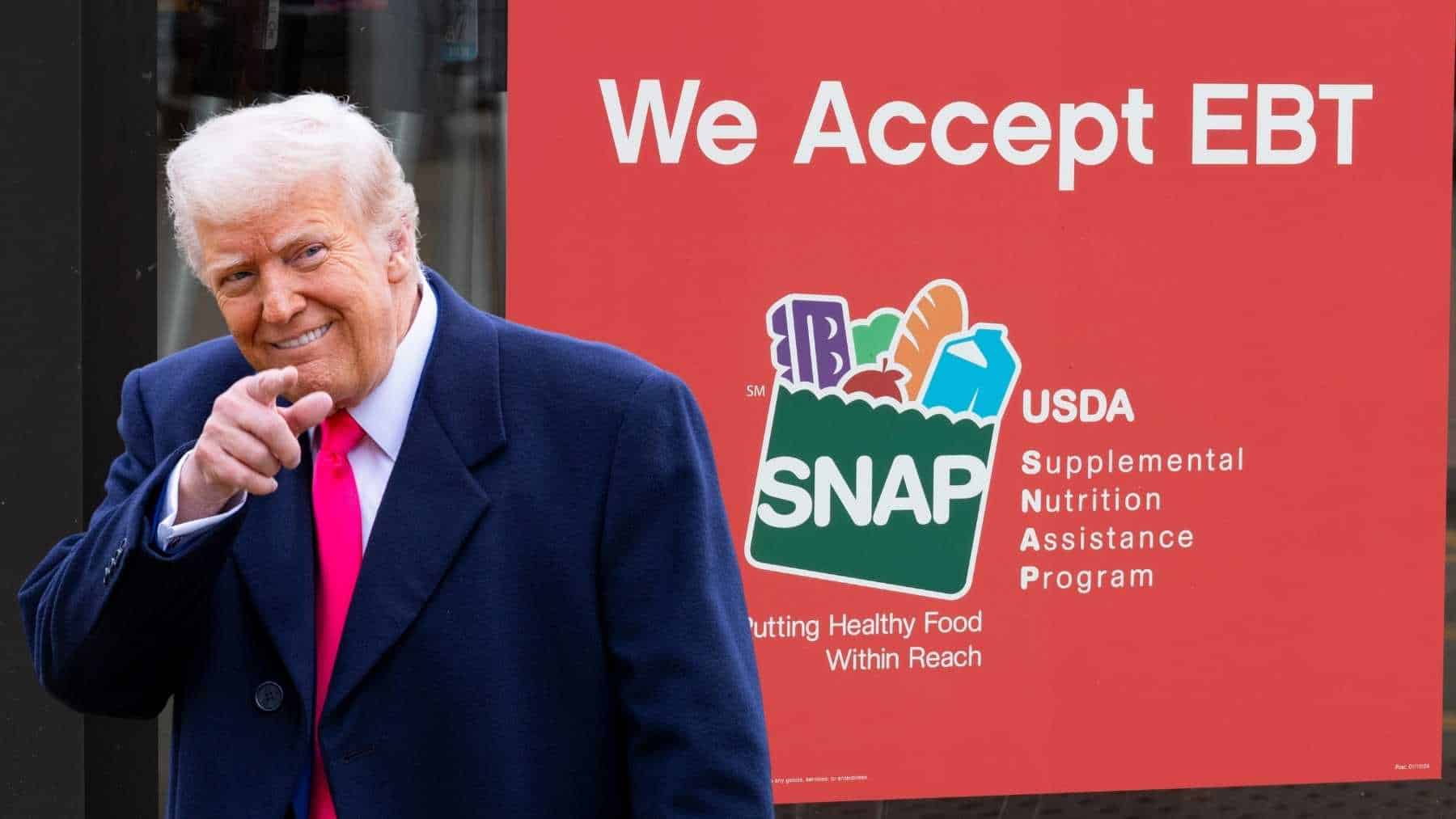The Supplemental Nutrition Assistance Program (SNAP) is a federal program that helps low income households to pay for nutritious food. While the SNAP program is funded by the federal government, each respective state is allowed to run the program according to its own discretion. As such, twelve states have now rolled out an update to their respective SNAP programs whereby SNAP beneficiaries will no longer be able to use their SNAP benefits to pay for junk food or drink items.
Here is what you need to know.
SNAP program in twelve states bans unhealthy foods and drinks
The Supplemental Nutrition Assistance Program, or “food stamps” as it is often referred to as, helps low income households to pay for nutritious foods. The SNAP benefits are loaded onto Electronic Benefits Transfer (EBT) card which can then be used to pay for food or drink at SNAP friendly stores. According to the USDA, SNAP benefits can be used to buy the following:
- Fruits and vegetables;
- Meat, poultry, and fish;
- Dairy products;
- Breads and cereals;
- Other foods such as snack foods and non-alcoholic beverages; and
- Seeds and plants, which produce food for the household to eat.
Additionally, items such as alcohol, tobaccos, supplements, non-food items, or hot meals sold for immediate consumption cannot be paid for with SNAP benefits.
Now, the states of Arkansas, Colorado, Florida, Idaho, Indiana, Iowa, Louisiana, Nebraska, Oklahoma, Texas, West Virginia, and Utah have had waivers approved by the USDA that allows them to ban the purchase of certain foods deemed “unhealthy” using SNAP benefits. As a result, over the course of the upcoming year, around 10 million SNAP beneficiaries will be impacted as this change comes into full effect.
While Montana and Kentucky were not successful in their attempts to ban the purchase of unhealthy foods through SNAP benefits, other states including Michigan, Pennsylvania, Tennessee, Mississippi, and South Carolina have also submitted similar waivers to the USDA and are pending approval.
What are officials saying?
USDA Secretary Brooke Rollins and Health Secretary Robert F. Kennedy Jr. have both shared a sense of approval regarding this change form the aforementioned states.
In an August 4th press release, Secretary Rollins stated the following: “It is incredible to see so many states take action at this critical moment in our nation’s history and do something to begin to address chronic health problems. President Trump has changed the status quo, and the entire cabinet is taking action to Make America Healthy Again. At USDA, we play a key role in supporting Americans who fall on hard times, and that commitment does not change. Rather, these state waivers promote healthier options for families in need.”
Adding to this, Secretary Kennedy noted that, “for years, SNAP has used taxpayer dollars to fund soda and candy—products that fuel America’s diabetes and chronic disease epidemics,” adding that these “restrictions help put real food back at the center of the program.”
Parallel to this approval from USDA officials, health advocates have also shared that this ban does not adequately speak to the issue of access and affordability when it comes to nutritious foods. As such, in a statement shared with Newsweek, Michael Aziz, MD, attending physician at Lenox Hill Hospital stated the folowing: “The idea of restricting the use of food stamp benefits may be appealing, but upon a closer examination, serious concerns emerge regarding the feasibility and rationale for the proposed restriction.”
“Approval may be granted, but real food also costs more money. Eggs can cost more than cereals, and this can lead to this population skipping meals or going hungry. Republican states are the forefront, versus Democratic states which will oppose these measures. It is too early to tell if these measures will improve people’s health,” Aziz further observed.

